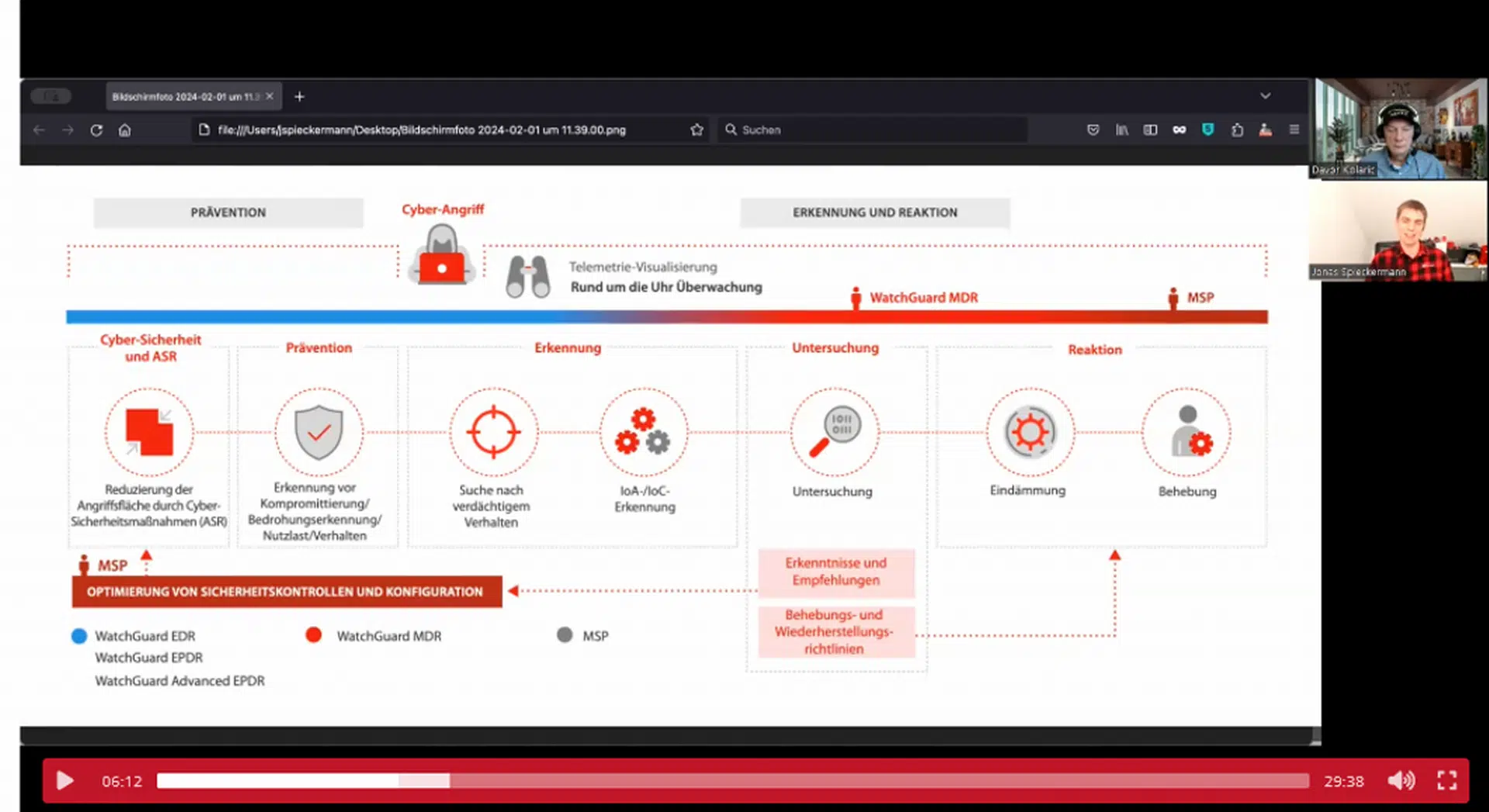
Die Ausgaben für Datenschutz- und Compliance-Technologien werden bis 2024 auf voraussichtlich mehr als 15 Milliarden US-Dollar ansteigen
Im aktuellen Hype Cycle for Privacy 2021 des Research- und Beratungsunternehmens Gartner befindet sich die Digitale Ethik auf dem „Gipfel der überzogenen Erwartungen“. Die Menschen werden sich zunehmend des Wertes ihrer persönlichen Daten bewusst. Gleichzeitig sind sie aber auch enttäuscht über die mangelnde Transparenz und einen wiederkehrenden Missbrauch von Daten.
Gartner definiert die Digitale Ethik als Wertesysteme und moralische Grundsätze für die elektronische Interaktion zwischen Menschen, Unternehmen und Dingen. Mit der Einführung von KI findet zum ersten Mal auch eine ethische Diskussion sowohl vor als auch während der breiten Einführung einer Technologie statt.
Unternehmen bemühen sich um den Schutz personenbezogener Daten. Regierungen führen strenge Gesetze ein, um dies durchzusetzen. Gartner prognostiziert, dass bis Ende 2023 mehr als 80 % der Unternehmen weltweit mit mindestens einer datenschutzbezogenen Vorschrift konfrontiert sein werden.
„Selbst dort, wo es noch keine Vorschriften gibt, entscheiden sich Kunden aktiv für Unternehmen, die den Schutz ihrer Daten wahren“, sagt Bart Willemsen, Research Vice President bei Gartner. „Neue Technologien, wie die in diesem Hype Cycle, können dazu beitragen die Privatsphäre in einem volatilen Umfeld zu schützen.“
Gartner Says Digital Ethics is at the Peak of Inflated Expectations in the 2021 Gartner Hype Cycle for Privacy
Privacy Will Drive Spending on Data Protection and Compliance Technology to More Than $15 Billion by 2024
Digital ethics sits at the peak of the Gartner, Inc. Hype Cycle for Privacy, 2021, as people become increasingly aware of the value of their personal information and frustrated by lack of transparency and continuing misuse.
Gartner defines digital ethics as the systems of values and moral principles for the conduct of electronic interactions among people, organisations and things. With the adoption of AI, for the first time, the ethical discussion is taking place before — and during — a technology’s widespread implementation.
Organisations are moving to secure personal data, and governments are implementing strict legislation to enforce it. Gartner predicts that by the end of 2023, more than 80% of companies worldwide will be facing at least one privacy-focused data protection regulation.
“Even where regulations do not yet exist, customers are actively choosing to engage with organisations that respect their privacy,” said Bart Willemsen, research vice president at Gartner. “The application of new technologies such as those on this Hype Cycle will provide a path to protecting privacy in a volatile environment.”
To address these changes in law and customer demand, security and risk management leaders must carefully select technologies that balance innovation with compliance. Gartner predicts that by 2024, worldwide privacy-driven spending on data protection and compliance technology will exceed $15 billion annually.
Proactive and mature organisations are moving away from reactive compliance towards proactive privacy by design. When they do, they start to invest in innovations on the left side of the Hype Cycle, such as homomorphic encryption, a set of algorithms that enable computation on encrypted data; and differential privacy, a system for using or sharing a dataset while withholding or distorting certain information about individual records in it.
Several technologies on the Hype Cycle, such as cloud access security brokers(CASBs) and dynamic data masking are expected to reach widescale adoption within the next two years (see Figure 1).
New innovations added to this year’s Hype Cycle for Privacy are:
- Influence engineering, the production of algorithms designed to automate elements of digital experience that guide user choices at scale by learning and applying techniques of behavioural science. Though still largely theoretical, breakthroughs in areas such as emotion detection and language generation show clear potential to automate influential aspects of communication.
- Federated machine learning (ML), an important innovation in (re)training ML algorithms in a decentralised environment without disclosing sensitive information. Federated ML uses knowledge of model coefficients contained in local nodes such as smartphones softbots, (semi)autonomous vehicles or IoT edge devices, without exchanging data samples, enabling more-personalised experiences without compromising privacy.
- Sovereign cloud, the provision of cloud services within a single geography meeting data residency and other legislative requirements.
Gartner clients can read more in the report “Hype Cycle for Privacy, 2021”. This research is part of the Gartner Special Report “2021 Hype Cycles: Innovating Delivery Through Trust, Growth and Change.” The 2021 Gartner Hype Cycles help organizations to make innovation a core competency and shape and prioritize their approach to innovation delivery.
Fachartikel
Studien

Cloud-Transformation & GRC: Die Wolkendecke wird zur Superzelle

Threat Report: Anstieg der Ransomware-Vorfälle durch ERP-Kompromittierung um 400 %

Studie zu PKI und Post-Quanten-Kryptographie verdeutlicht wachsenden Bedarf an digitalem Vertrauen bei DACH-Organisationen

Zunahme von „Evasive Malware“ verstärkt Bedrohungswelle

Neuer Report bestätigt: Die Zukunft KI-gestützter Content Creation ist längst Gegenwart
Whitepaper
Unter4Ohren

Datenklassifizierung: Sicherheit, Konformität und Kontrolle

Die Rolle der KI in der IT-Sicherheit

CrowdStrike Global Threat Report 2024 – Einblicke in die aktuelle Bedrohungslandschaft

WatchGuard Managed Detection & Response – Erkennung und Reaktion rund um die Uhr ohne Mehraufwand












